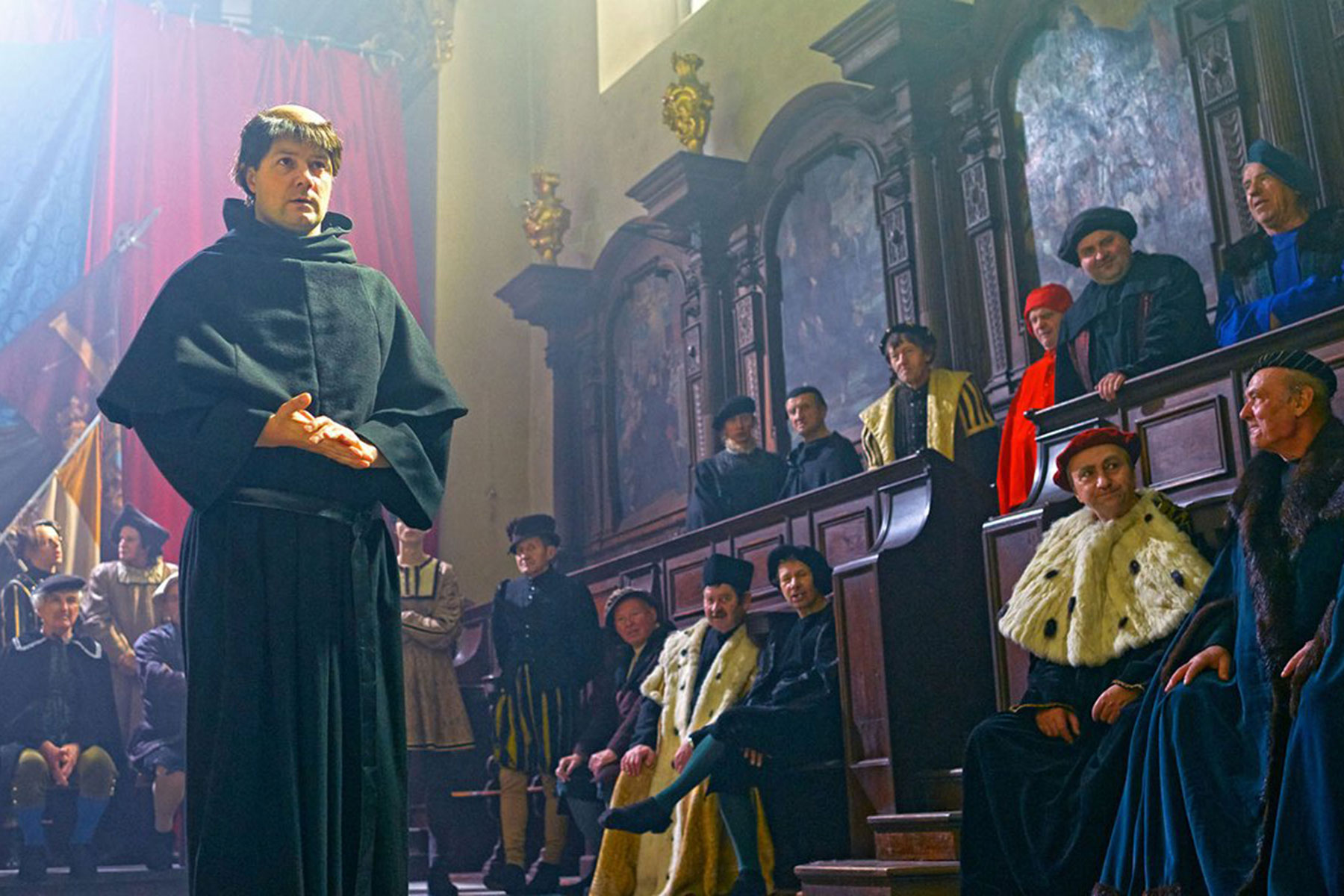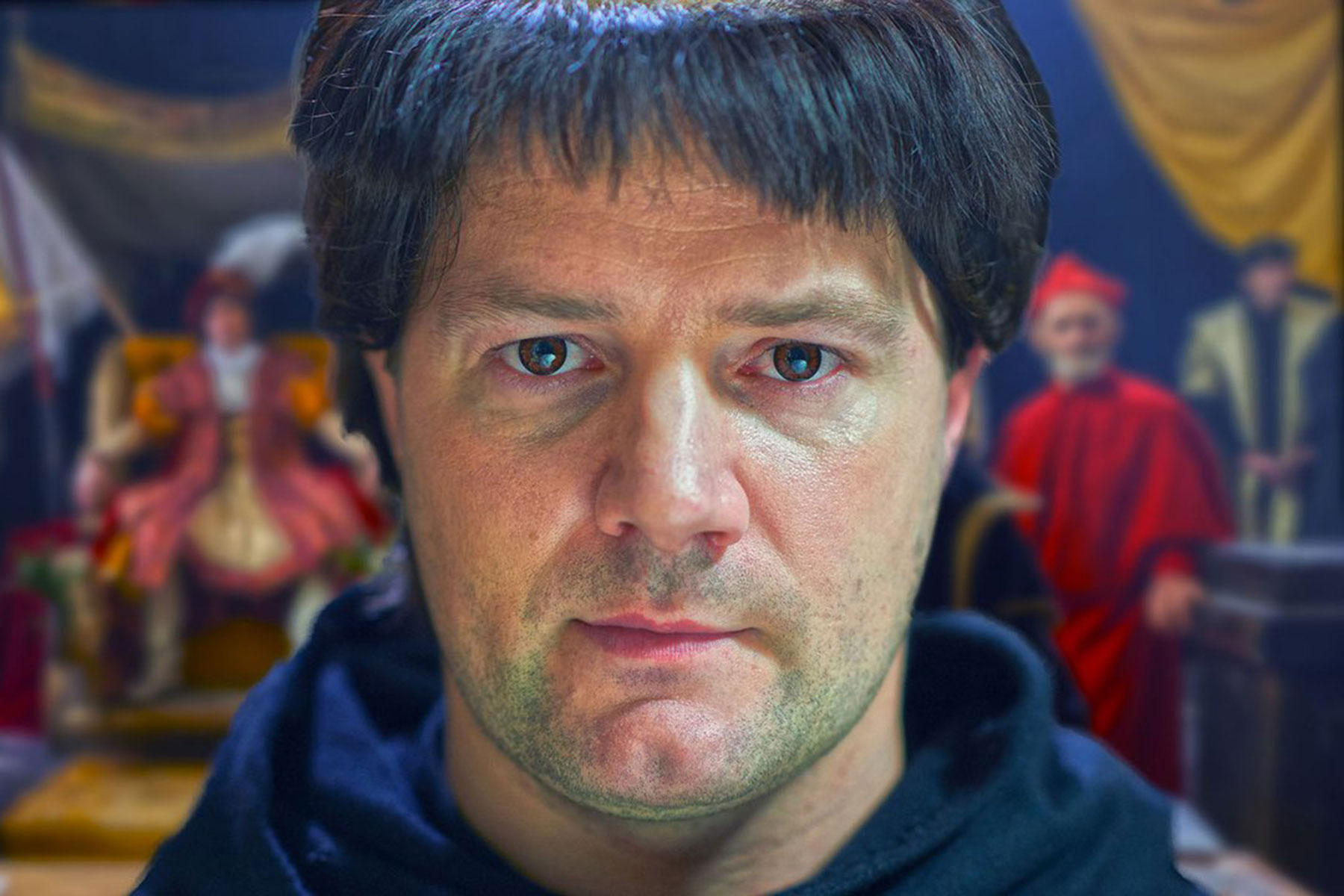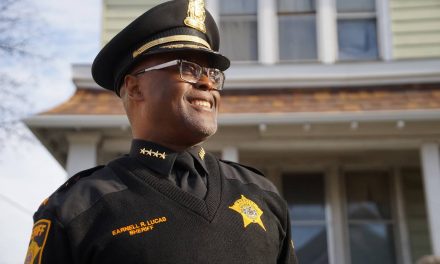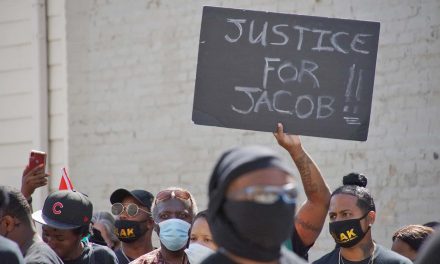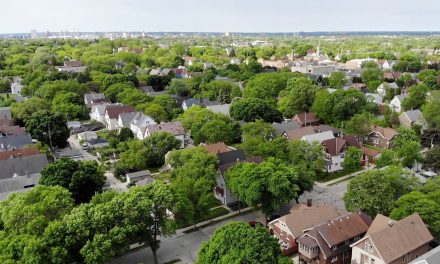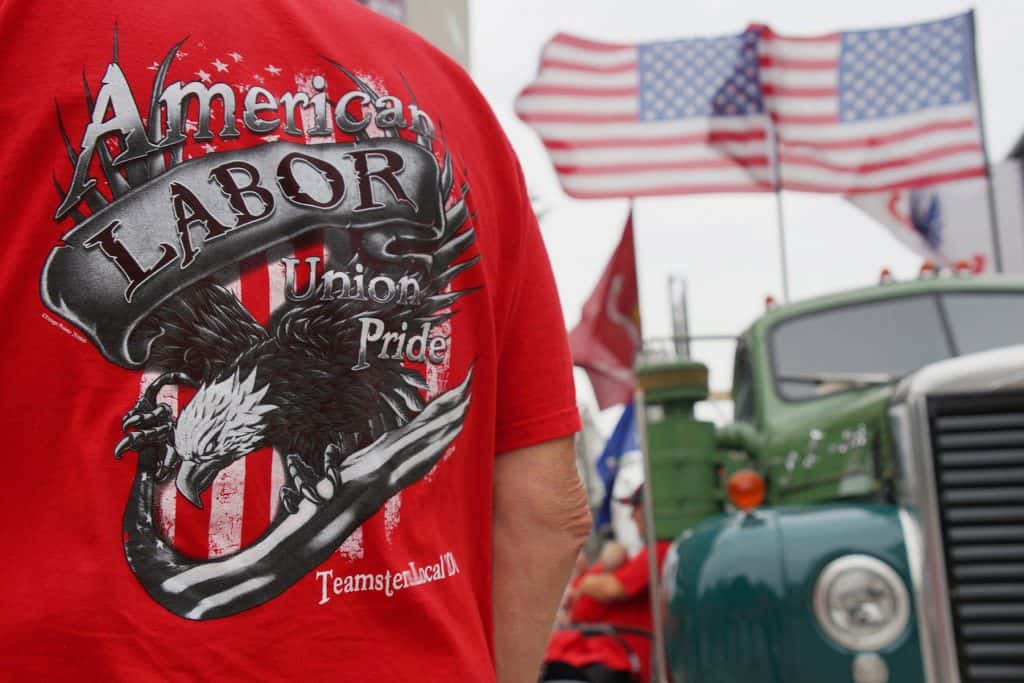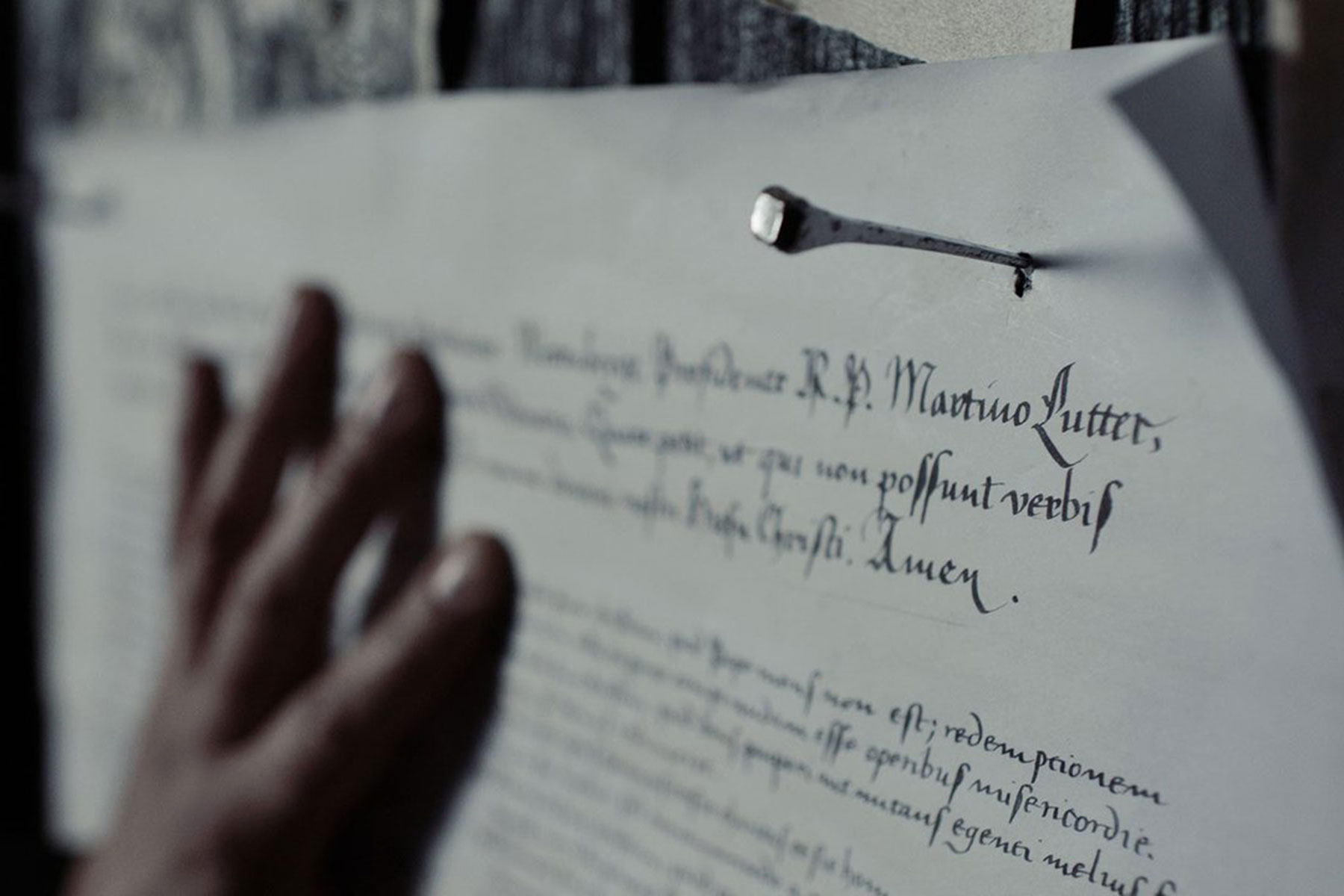
With the 500th anniversary of the Protestant Reformation approaching, Milwaukee PBS will premiere “Martin Luther: The Idea that Changed the World” on Tuesday, September 12 at 7:00 p.m.
The two-hour film brings to life Luther’s 16th century quest to reform the church, a journey that would profoundly reshape western civilization.
“Luther really was the original celebrity,” said writer/producer Michael Trinklein. “He was the first to figure out how to use the media to popularize a cause.” Luther tapped the Twitter of his day (quickly-printed tracts) to sidestep the powerful and appeal directly to the people. The film chronicles how Luther’s fame helped him propagate a range of revolutionary ideas—sparking the breakup of the church, the rise of individualism, a boon in universal education, and even improved opportunities for women.
Starring Padraic Delaney (The Tudors, Knightfall) in the title role, the film follows Luther through the emotional highs and lows that marked his eventful life. Hugh Bonneville (Downton Abbey) narrates.
Luther stepped onto the world stage in the fall of 1517, as he nailed his 95 Theses to the church door in Wittenberg, Germany. At first, the Theses had little impact. But once they were set in type on the newly-invented printing press, the modern media age began. “It was the striking of a match, creating a bonfire—the flames of which are still burning,” said Cardinal Timothy Dolan, Archbishop of New York.
Martin Luther: The Idea that Changed the World follows this thread, and others, to offer an engaging look at the dramatic moments that shaped Luther’s life: the massive lightning storm that nearly killed him, the bleak self-punishment of his time in the monastery, the corruption that unleashed his anger, his trial before the most powerful man in Europe, and the staged kidnapping that helped him escape the death penalty.
In a quest for authenticity, every word of Luther’s dialogue in the film was taken verbatim from his actual writings and speeches. Similarly, all filming was done in the castles, monasteries, and ancient churches of eastern Europe—chosen for their undisturbed 16th century heritage.
The film also documents his continuing legacy — including the surprising story of an Atlanta pastor who toured Luther’s home in the 1930s. Inspired by Luther’s drive to fight oppression nonviolently, the pastor took the bold step of changing his name, from Michael King to Martin Luther King, Sr. It’s just one of many ways a penniless 16th century monk continues to shape the American landscape.

